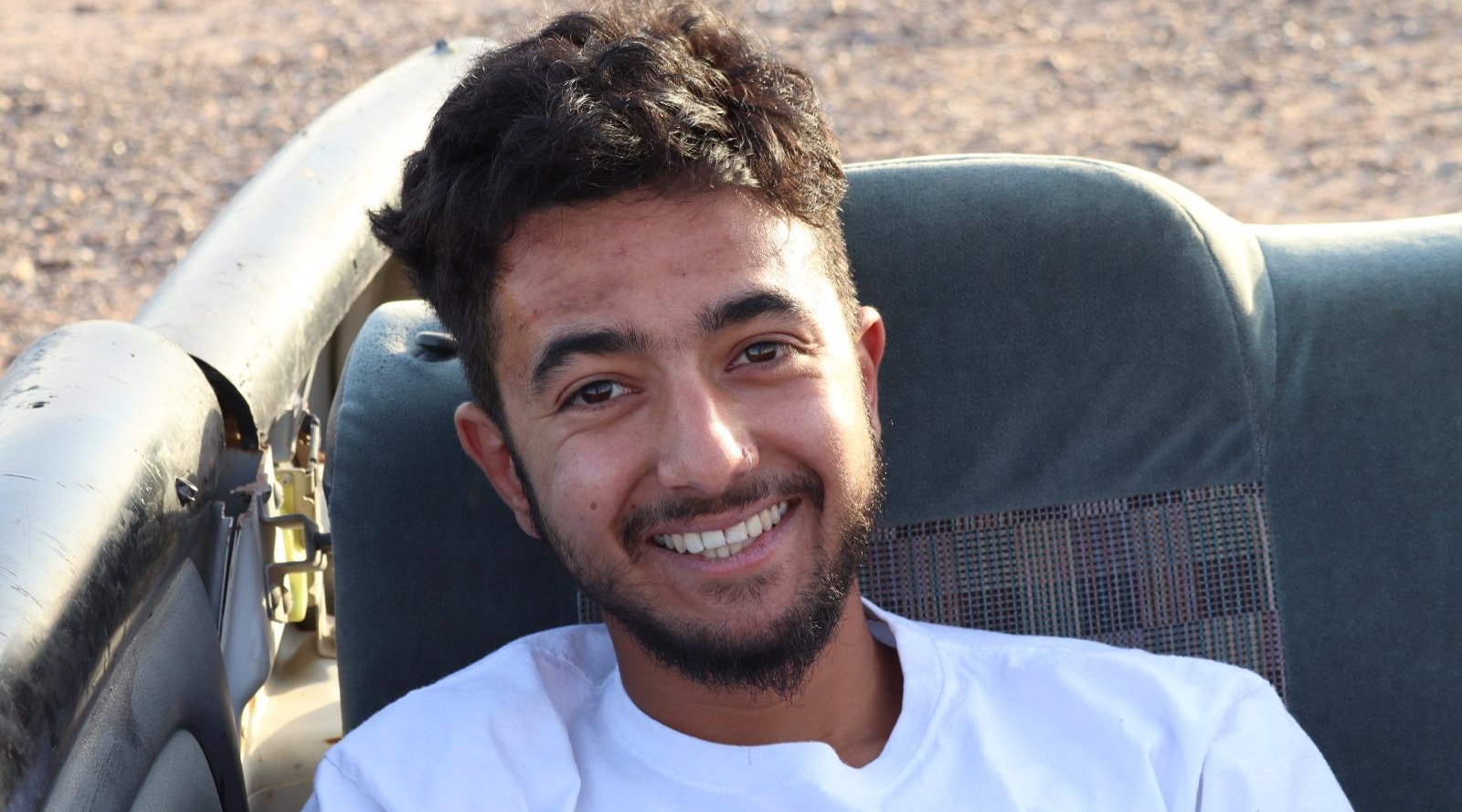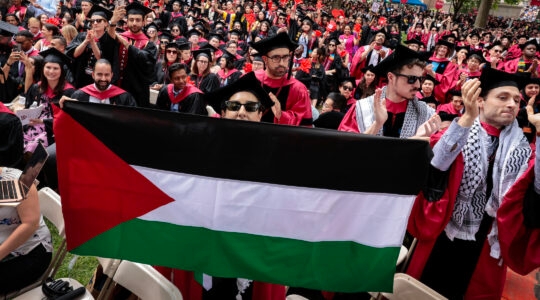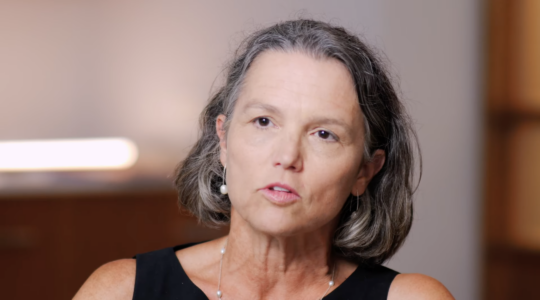(JTA) — One, just out of the army, told his dad “I love you” and “I’m sorry” then went quiet. One who just joined the army has no family nearby, so a stranger is keeping him company in the hospital. One was a peace activist.
These are some of the stories beginning to emerge as Israel strives to identify the hundreds of people who are dead and dozens who are missing after Saturday’s attack on southern Israel by Hamas. There are no figures yet on the number of North Americans killed or abducted in the invasion, but U.S. Secretary of State Antony Blinken has said Americans have reportedly been killed, wounded and taken hostage.
Tom Nides, who ended his stint as ambassador to Israel in June, said crises like the current one send the U.S. embassy into overdrive.
“They have a large number of people that are responsible for this, and it’s one of the biggest, it’s one of the most important things that an embassy can do,” Nides said in an interview.
Nearly two days after the invasion began, Jon Polin is waiting for news about his 23-year-old son, Hersh Goldberg-Polin, and hoping that he is still alive. Goldberg-Polin left home at 11 p.m. on Friday night for an all-night outdoor party near the Gaza border, which Hamas terrorists raided on Saturday morning, killing some 250 young adults and kidnapping others.
The party was supposed to be the kind of revelry that recently discharged soldiers tend to enjoy. Goldberg-Polin, who was born in Berkeley, California, moved to Israel with his parents at age 7 and completed his mandatory army service in April.
Goldberg-Polin’s father said his son loves festivals, music and traveling, and like many discharged soldiers, he was saving up for a trip to India in a couple months. He was working in the meantime as a medic and waiter. But they hadn’t heard from him since Saturday.
“He sent us two short WhatsApps Saturday morning at 8:11,” Polin said, sharing the messages with the Jewish Telegraphic Agency.
“I love you,” read the first one. “I’m sorry,” read the second.
Another American-born soldier from Houston was lying in a hospital in Israel, with no family nearby, after being shot in the face during the attack. Rhoda Smolow, the president of the women’s Zionist group Hadassah, is keeping the soldier company at Hadassah Medical Center until his family could be by his side.
“He is on a tracheotomy, so we couldn’t speak, and apparently, according to the caregivers there, the nurses and the doctors, they felt he is very traumatized,” she said, declining to share his name for privacy reasons. “We felt so terribly that he was in the room alone without anyone.”
Smolow said she told the soldier Hadassah would make sure he received the best care possible. “He gave me a thumbs up,” she said.
The Zionist group’s CEO, Naomi Adler, discussed the soldier in a briefing held by the Jewish Federations of North America and the American Jewish Committee on Sunday. The hospital and the army were having trouble tracking down his family, but Smolow said Adler’s appearance on the webinar may have resulted in a lead.
Other North American Jews are also missing. Peace activist Vivian Silver, 75, was abducted from Kibbutz Be’eri on Saturday, near the border.
Born in Winnipeg, Canada, she was the longtime director of the Arab Jewish Center For Empowerment, Equality, and Cooperation, which organized projects joining communities in Israel, the Gaza Strip and the West Bank. In 2014, after the last major war between Israel and Hamas, she helped found Women Wage Peace, which promotes peace-building actions among women from all communities and across the political spectrum.
Speaking to Forbes in 2021 for a series on women who assist the vulnerable, Silver said she remembered feeling relief after the government built bomb shelters in Kibbutz Be’eri, which had been subject to rocket fire from Gaza for more than a decade.
“In 2009, the [Israeli] government only built shelters for communities that were four kilometers from the border. The community I live in is four and a half kilometers from the border, so we didn’t have shelters then,” Silver told Forbes. “Now we do, so psychologically we feel better, and we feel safer, and in fact, we are safer, we’re a lot safer than the people in Gaza.”
At a 2018 Women Wage Peace event on the Gaza border in 2018, she said that the Israeli government needed to change its approach in order to bring peace to the area. “Show the required courage that will bring changes of policy that will bring us quiet and security,” she said then, addressing the government. “Returning to the routine is not an option.”
Appealing to women across the border, she said, “Terror does not make anything better for anyone, you too deserve quiet and peace.”
“She’s amazing,” her longtime friend and fellow activist, Ariella Giniger, told JTA on Sunday. “She’s smart. She’s funny, and she does great things. She’s a real peace activist for years and to have her fight in such a situation …” her voice trailed off.
Some families searched for news about their loved ones and learned of tragedy. On Facebook, one mother wrote two wrenching Facebook posts, nine hours apart.
In the first, posted at midnight on Saturday, she wrote that her son “was kidnapped by terrorists today from his home in Kibbutz Holit. If anyone has relevant information please be in touch.”
After 9 a.m. on Sunday, she had an update. “Unfortunately we were informed last night that our beautiful, generous and talented son… was murdered by terrorists in his home in Holit.”
She did not return a request for an interview.
Nides said he was getting calls from Americans anxious about their Israeli family members. He said he was directing them to the embassy in Israel.
“They need information, right?” he said. “They want to know what’s going on. They want to know what’s happening, you know, who’s communicating with [their loved ones] because it’s so unfathomable, how scary this is for someone to wake up in the morning and have this happening to them.”
JTA has documented Jewish history in real-time for over a century. Keep our journalism strong by joining us in supporting independent, award-winning reporting.






